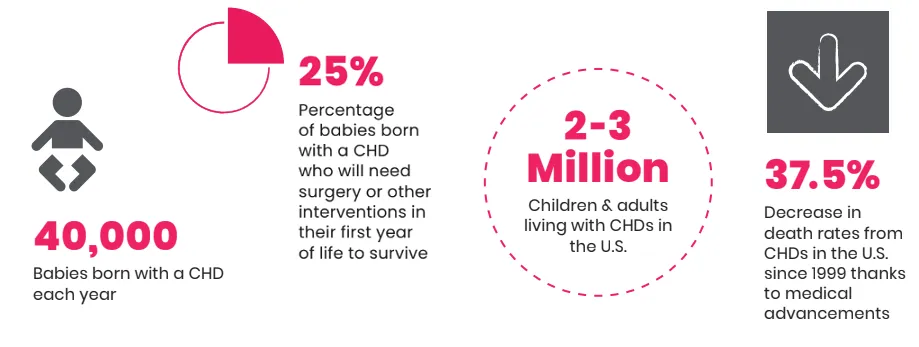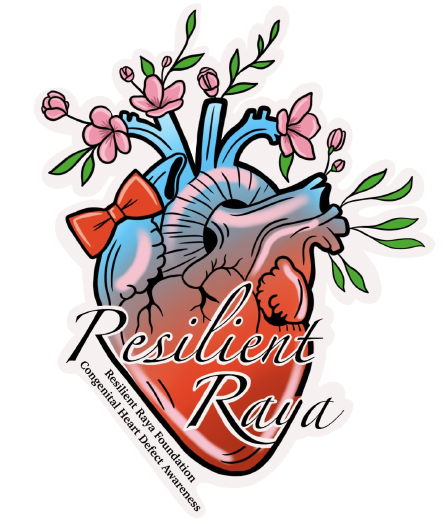What is CHD?

A fetal echocardiogram, a specialized ultrasound, is used to diagnose some CHDs during pregnancy. However, certain heart defects may go undetected until birth or as the child grows older.
Thanks to advancements in medical care and research, infants with CHDs now have the opportunity to live longer and healthier lives. In fact, many children with CHDs are now reaching adulthood. It is estimated that over two million individuals in the United States are currently living with a CHD.
Despite improved treatments, CHDs cannot be completely cured, even if the heart defect has been repaired. Over time, individuals with CHDs may develop additional health issues, depending on the specific nature, number, and severity of their heart defect. Regular visits to the doctor are crucial for individuals with CHDs to monitor their overall health, including their specific heart condition.

